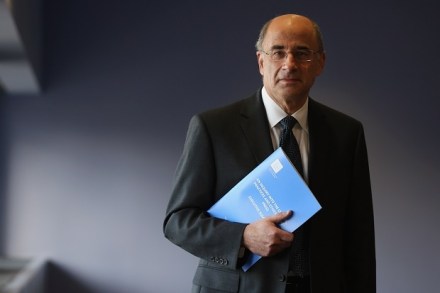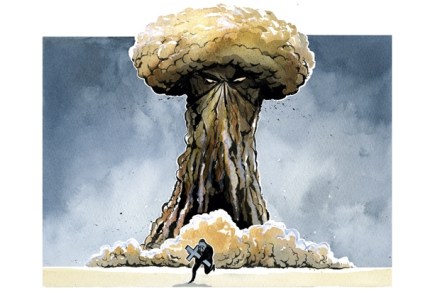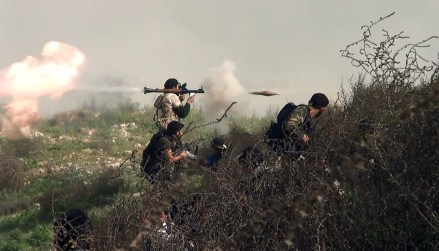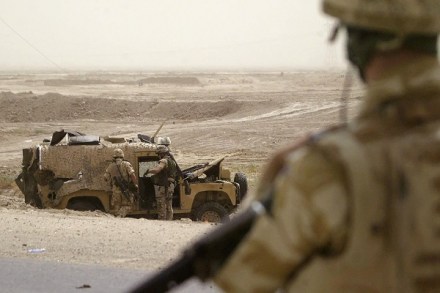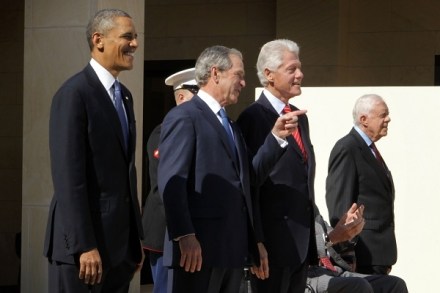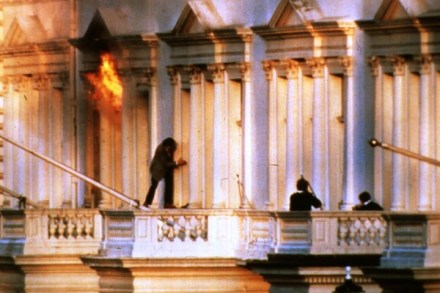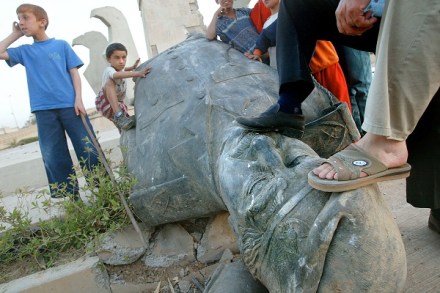The west has a choice: abandon Ukraine or punish Russia? It should choose the latter.
An astonishing number of useless twits appear to think Russia’s annexation of the Crimea is somehow not Vladimir Putin’s fault. The poor Russia despot – no longer much too strong a term, by the way – is not responsible for his actions. He was provoked! Not simply by the Ukrainians, who should, it is implied, have known better, but by the west. It’s our fault and Putin is simply acting logically and rationally. He has every right to reassert Russia’s ancient prerogatives and if we hadn’t penned him into a corner he wouldn’t have needed to at all. Twaddle of course but the kind of stuff that’s not hard to





